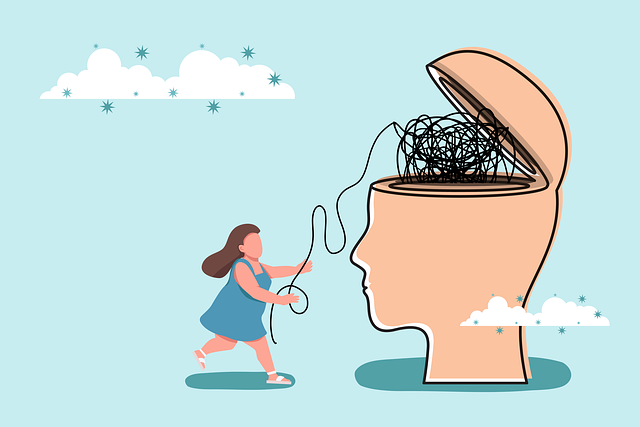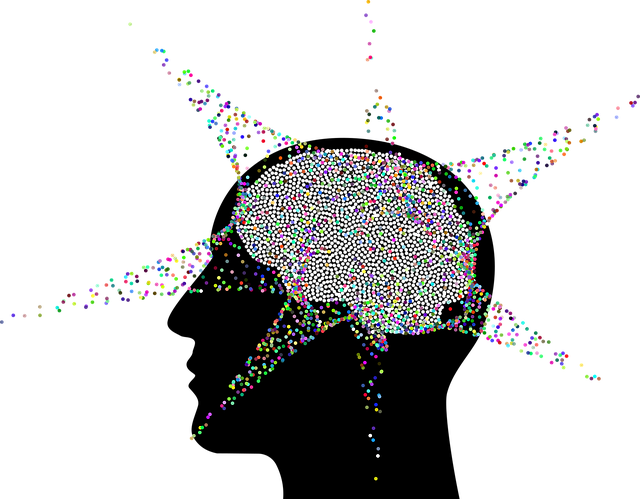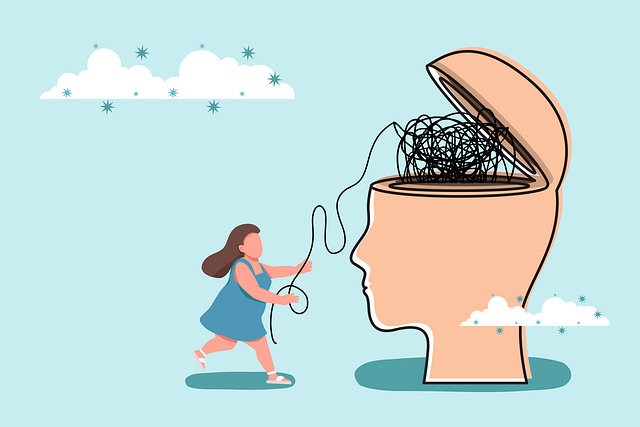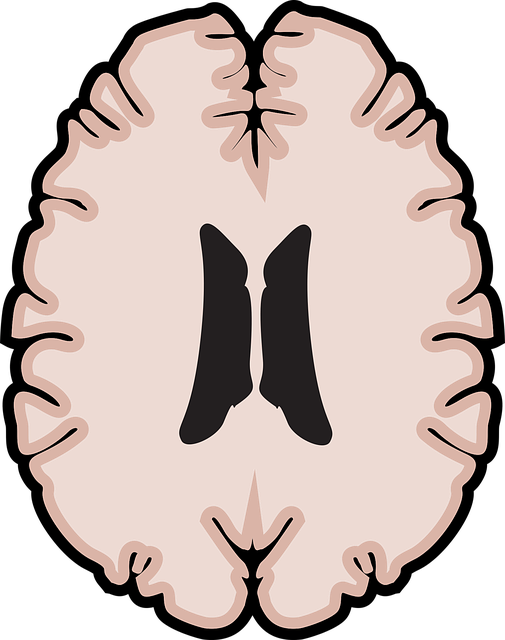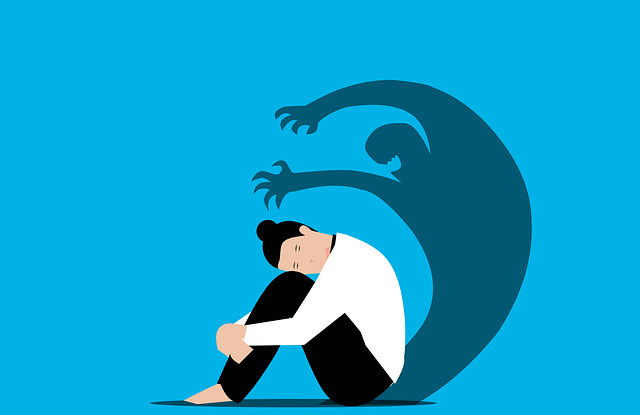Lafayette Therapy for Therapists-Clinicians is revolutionizing mental health diagnosis with innovative strategies. They focus on building stronger therapist-client relationships through empathy, public awareness campaigns to reduce stigma, and mindfulness meditation as therapeutic tools. Their specialized training programs keep professionals updated on the latest research and techniques for accurate diagnoses. By integrating conflict resolution, self-esteem improvement, and policy advocacy, Lafayette ensures holistic care tailored to diverse client needs. Continuous education via their Mental Wellness Podcast Series aligns with Mind Over Matter principles, empowering therapists to refine skills and provide improved patient support.
Mental illness diagnosis accuracy is a critical aspect of patient care, yet remains challenging. This article explores strategies to enhance diagnostic precision, focusing on the contributions of Lafayette Therapy and its impact on therapeutic practices. We discuss techniques and tools tailored for therapists-clinicians, emphasizing continuous education’s vital role in optimal patient outcomes. By delving into these areas, we aim to illuminate advancements in mental health assessment, with a specific emphasis on Lafayette Therapy’s role in refining diagnosis accuracy.
- Understanding the Challenges of Mental Illness Diagnosis
- The Role of Lafayette Therapy in Enhancing Accuracy
- Techniques and Tools for Clinicians: Improving Assessment Strategies
- Continuous Education and Training for Optimal Patient Care
Understanding the Challenges of Mental Illness Diagnosis

Diagnosing mental illnesses accurately is a complex task due to the intricate nature of human behavior and emotions. The process often involves subjective assessments, where therapists and clinicians rely on conversations and observations to interpret symptoms and formulate diagnoses. This subjectivity can pose challenges, as different professionals may interpret the same signs differently. Furthermore, many mental health conditions share similar symptoms, making it difficult to distinguish between them without in-depth knowledge and experience.
In an effort to enhance diagnosis accuracy, Lafayette Therapy for Therapists-Clinicians has been at the forefront of developing innovative strategies. One such approach is through empathy building techniques, which foster deeper connections between therapists and clients. Public Awareness Campaigns Development also plays a pivotal role in educating people about mental health, helping them recognize symptoms and encourage early intervention. Additionally, promoting Mindfulness Meditation as a therapeutic tool can aid in improving focus, reducing stress, and enhancing overall well-being, ultimately supporting more precise diagnoses.
The Role of Lafayette Therapy in Enhancing Accuracy

Lafayette Therapy plays a pivotal role in enhancing the accuracy of mental illness diagnoses by providing specialized training for therapists and clinicians. Through innovative programs, Lafayette offers continuous learning opportunities that equip professionals with the latest research and techniques. This ensures healthcare providers are well-versed in the complex symptoms and nuances associated with various mental health conditions.
Integrating Mental Health Policy Analysis and Advocacy into therapy sessions equips practitioners to navigate systemic challenges. By fostering coping skills development, therapists enable clients to better manage their conditions. Moreover, Lafayette Therapy’s emphasis on Mental Health Awareness contributes to breaking down stigmatization, encouraging early intervention, and promoting more precise diagnoses.
Techniques and Tools for Clinicians: Improving Assessment Strategies

In the realm of mental health diagnosis, clinicians play a pivotal role in ensuring accurate assessments and effective treatment plans. To enhance their diagnostic skills, therapists and counselors can leverage various techniques and tools tailored for this purpose. One such approach is integrating conflict resolution techniques into therapy sessions, fostering healthier relationships between clients and facilitators. By facilitating open communication and understanding, these methods aid in identifying underlying issues that may contribute to mental health challenges.
Moreover, promoting emotional well-being through specific techniques has proven effective. Encouraging self-esteem improvement activities allows individuals to develop a positive sense of self, which can significantly impact their overall mental state. Therapists can incorporate these strategies into their Lafayette Therapy practice, catering to a diverse range of clients and enhancing the accuracy and effectiveness of diagnoses. Ultimately, combining conflict resolution techniques with emotional well-being promotion ensures a holistic approach to mental health care.
Continuous Education and Training for Optimal Patient Care

In the pursuit of enhancing mental illness diagnosis accuracy, continuous education and training are paramount for therapists and clinicians. The field of mental health is constantly evolving, with new research and therapeutic approaches emerging regularly. Staying abreast of these advancements ensures that professionals like those at Lafayette Therapy can offer their clients the most up-to-date and effective treatments. Engaging in ongoing professional development enables therapists to refine their skills, gain deeper insights into various mental health conditions, and tailor their practices to meet individual patient needs.
Lafayette Therapy for Therapists-Clinicians facilitates this continuous learning through its comprehensive Mental Wellness Podcast Series Production, which aligns with the core Mind Over Matter Principles. These podcasts explore a wide array of topics, from anxiety relief techniques to innovative therapy modalities, all designed to empower professionals and ultimately improve patient care. By embracing such educational initiatives, therapists contribute not only to their personal growth but also to ensuring that their clients receive optimal support in their mental wellness journeys.
Mental illness diagnosis accuracy is a multifaceted challenge that requires ongoing efforts from therapists and clinicians. By understanding the complexities of mental health, leveraging tools like Lafayette Therapy for enhanced assessment strategies, and committing to continuous education, professionals can significantly improve diagnostic accuracy. These efforts not only benefit patients by ensuring appropriate care but also foster more effective treatment plans tailored to individual needs. With dedicated training and innovative techniques, therapists and clinicians can navigate these complex landscapes with greater confidence and competence.
